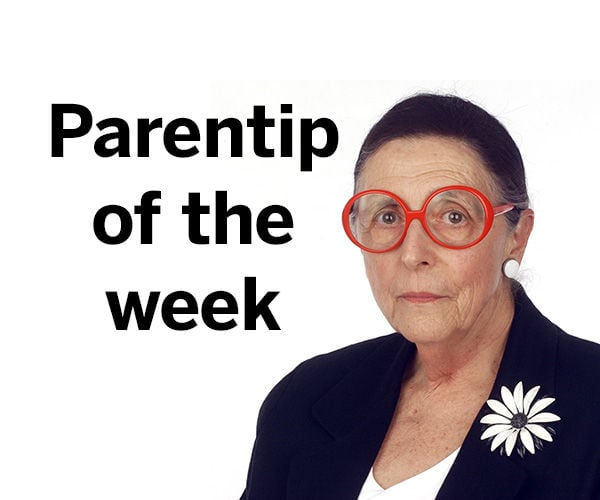There are two characteristics that all children need to develop. They all must learn the art of patience and the related ability to postpone gratification.
Every human mammal is born impatient — wanting to be immediately fed; some of us die still struggling with our impatience.
What is patience, anyhow, and why is it so important? My dictionary has a simple definition: “The capacity to accept or tolerate delay, problems, or suffering without becoming annoyed or anxious.” To be patient means “enduring pain, difficulty, provocation, or annoyance with calmness” and “tolerant, understanding, not hasty or impulsive.”
We have to be taught patience. We learn to cool it so we don’t interrupt when someone else is talking, we wait in line at the market and airport, we recognize the needs of others and postpone our own gratification.
How do parents help that screaming baby who wants to be fed right now become a patient person? Patiently! It takes a long time.
To model patience, you have to become a grownup parent. You figure out what triggers your loss of patience (mine was being tired or stressed, or both my kids wanting my attention at the same time).
You reduce the volume of stress as best you can. You use those time-honored tricks to calm yourself down, like deep, deep breaths or counting to 10. You try to find something funny in the situation. You take a parental timeout to cool off when you are really heated up.
How do we teach patience to a newborn? Paradoxically, this process starts with promptly meeting the infant’s needs so he or she will learn that the world is a pretty good place and other people help you when you’re hungry or wet. Later, we begin to wait a bit when the baby cries so he or she can begin to self-soothe and wait for comfort. Still later, we teach the fun of giving something up so you get it back, like when you roll a ball. We teach and preach about sharing and taking turns.
Board games help the preschooler and school-age children learn to wait their turn and cope with that very important truth: “I can’t always win.” I also recommend that at about age 3, parents start reading “big” books. The typical preschooler book can be read in a few minutes, but when a parent reads a chapter from a book designed for older children, the kids learn to wait for the next installment.
Baking is another activity that teaches patience. It takes time for the oven to turn dough into cookies. Planting flowers or vegetables takes even more time, between the task and the payoff of putting the pansies in a vase or eating the carrots.
Older children can learn patience (and something about the value of money) by saving for a “big” purchase like a bike. Even if you can easily afford a bike, put five or 10 dollars in a jar every week until the purchase price is reached. If you give your children everything they want the instant they want it, you remove any incentive for them to wait patiently for what they long for.
Don’t model impatient behavior. Instead of drumming your fingers and cussing when you’re stuck in traffic, tell your kids, “It can’t be helped. Let’s play a guessing game.”
In our complex, crowded world, there are many times we have to wait at the doctor’s office or airport. Let’s face it, waiting is boring. Reading is my antidote to boredom, so I always carry a book or a crossword puzzle with me, and I always encouraged my children to do the same.
Finally, nature helps teach patience. Watch the sun come up or set … it doesn’t happen instantly. Lie down outdoors at dusk so you can look up and watch the stars pop out. Take your child fishing, or bird-watching, or on nature walks to watch for animals.
Children today live in a noisy, soundbite- and advertisement-ridden, instant-gratification world, but the wise parent can help counter this with many little, age-appropriate patience lessons.





